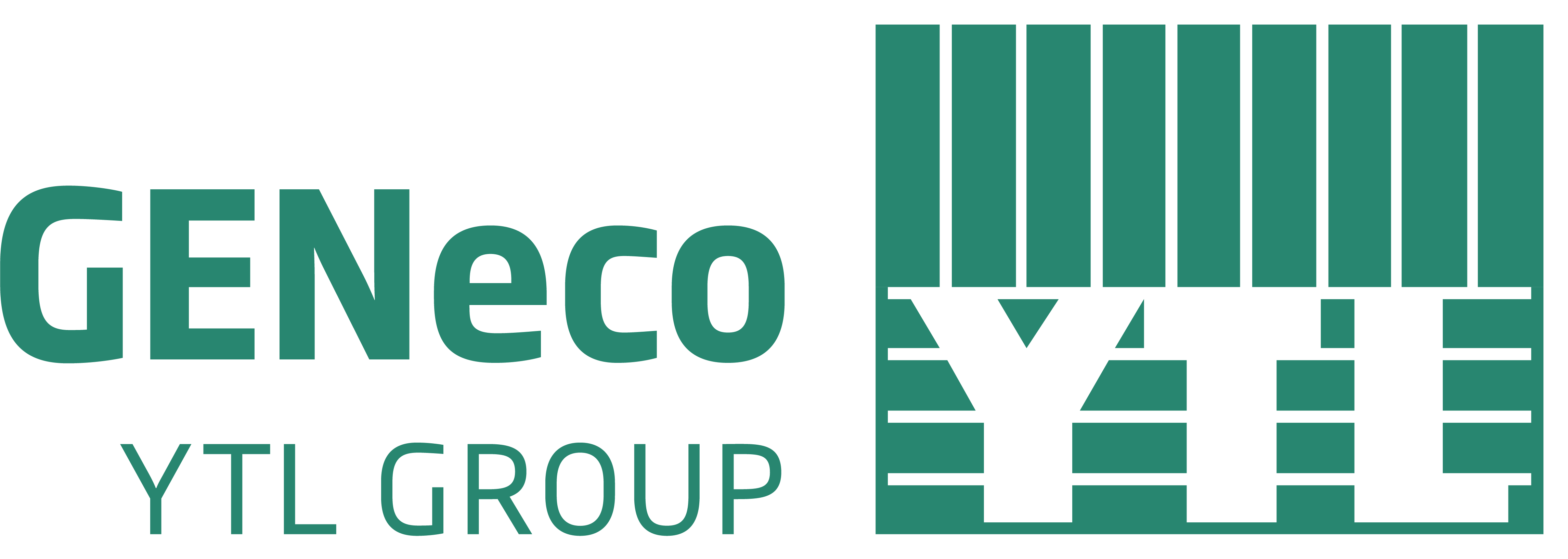GENeco fleet moves towards zero emissions
GENeco has started a large-scale trial of a new range of electric vehicles in a move towards eliminating diesel and petrol from its vehicle fleet.

Staff are now driving six zero-emission vans at three of its sites in the south west.
Operators at Bristol, Berry Hill in Dorset and Trowbridge are driving fully-electric Nissan eNV200s during the trial. The vans have been complemented by four plug-in petrol hybrid pick-ups which will be used where four-wheel capability is required.
Charge points have been installed at all three locations, and the vehicles will be powered by renewable electricity produced from the anaerobic digestion of sewage sludge and food waste.
Mohammed Saddiq, managing director of GENeco, said: “We’re really excited about the potential for these new vehicles to make our fleet more sustainable.
“As with any emerging vehicle technology, we need to balance the needs of the users against environmental performance. Therefore, data from the trial will be used to inform future purchasing decisions.”
GENeco has a proud history of running vehicles on low-carbon, clean fuels, most notably with the Bio-Bug – the UK’s first VW Beetle powered by human waste – and the Bio-Bus, the first bus in the UK to run on sewage and food waste.
It currently operates two distinctive Bio-Bees, food waste collection vehicles that are powered by what they collect.
“Transport is now the largest carbon-emitting sector in the UK, with commercial diesel vehicles responsible for a disproportionately high share of the calculated emissions and significantly contributing to poor urban air quality,” Mr Saddiq explained.
“We want to help change this and, as a local business, we’re also passionate about supporting Bristol’s ambition to become carbon neutral by 2030.”
The environmental benefits of the trial will deliver more than 50 tonnes of carbon emissions savings every year and reduce the negative impact on air quality in urban areas, equivalent to taking 24 cars off the road.
